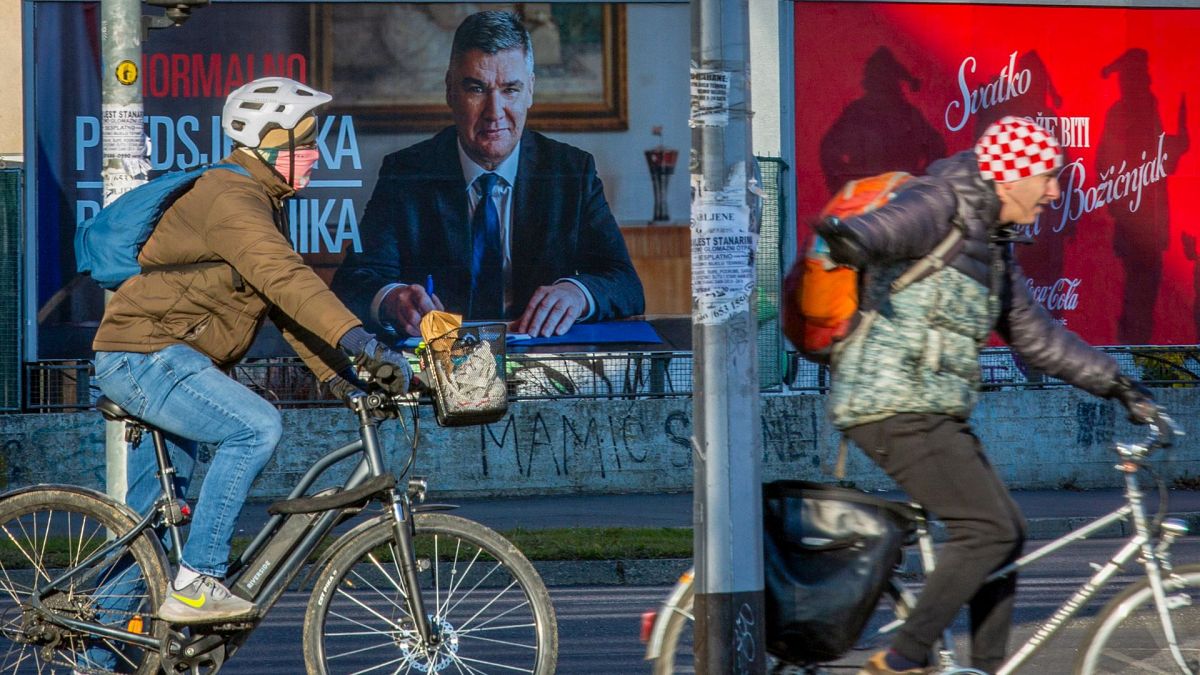In the upcoming presidential elections in Croatia, the incumbent president Zoran Milanović, known for his populist views and criticism of Western military support for Ukraine, is facing a tough reelection battle. Milanović, a former prime minister and the country’s most popular politician, is vying for another term against a range of contenders, including a candidate supported by the centre-right government. Despite being considered the frontrunner, Milanović is unlikely to secure an outright win, leading to a potential runoff in January.
Milanović’s opponent, paediatrician and university professor Dragan Primorac, has positioned himself as a unifier in contrast to Milanović’s polarising rhetoric. While Milanović advocates for Croatia’s neutrality in international conflicts, Primorac stresses the importance of Croatia’s Western alignment. The role of the Croatian presidency, though mainly ceremonial, carries political authority such as acting as the supreme commander of the military.
The incumbent president’s critics have expressed concerns over his provocative comments and actions that could potentially jeopardize Croatia’s standing as a successful EU member state. Despite this, Milanović has received support from the centre-left SDP, Croatia’s largest opposition party. Other key contenders in the elections include conservative independent Marija Selak Raspudić, formerly affiliated with a far-right party, and Ivana Kekin of the left-green Možemo party, who focuses on issues such as economic decline and corruption in Croatia’s health system.
With approximately 1.6 million eligible voters in Croatia, the election outcome remains uncertain, as none of the candidates are expected to advance to the second round. Regardless of the results, the upcoming elections pose a significant opportunity for democracy in Croatia, as the ruling party’s dominance over government institutions could potentially be challenged with Milanović’s reelection. The final outcome of the elections will determine Croatia’s future trajectory in both domestic and international affairs.











